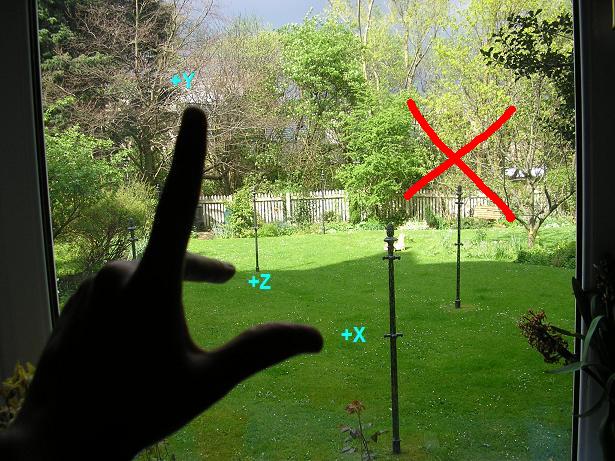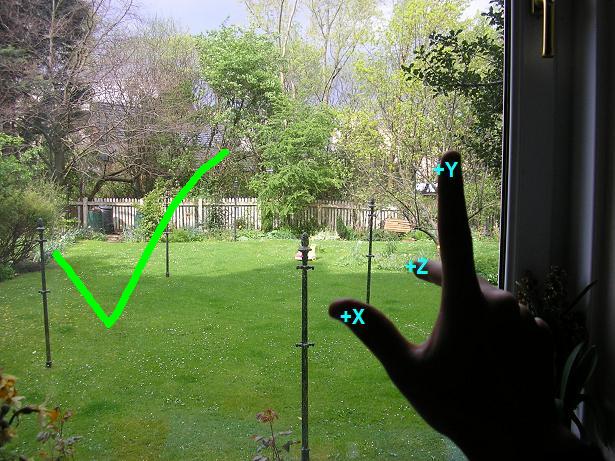Education
Posted in Links from the In-tar-web on July 15th, 2007 by MrCrankyInteresting post here from Richard Bartle on problems in games industry education and the new games academy that TIGA has been pushing. I agree with most of it, especially the focus on the need for an education, not training. I don’t need people who have worked through a ‘my first game’ tutorial, and it seems like that’s what the computer games courses in the UK provide. The quality of graduate from these courses are rarely better than the wider pool of people who either studied a more traditional course, or who have come from elsewhere in the software industry. I don’t think that’s because the courses are bad at teaching, I just think they are focusing on the wrong things.
What we need are people who has learned the importance of structured programming, or the fundamentals of databases, or any one of a hundred other things that are vital to understanding exactly how to develop software for games. Basically what I need are people who have been educated to the level of a Computer Science degree, but with all of the extraneous parts taken out. Games developers rarely need to know formal proof notation for languages, or details of the electronics behind the hardware on which their software runs. They also need to be aware of the constraints under which they must develop – fixed memory environments, designing algorithms that never take longer than a fraction of a frame to execute, etc. Possibly the hardest thing to learn about games programming is how to make things happen with all of those shiny tools and bloated constructs unavailable.
Of course, my idea of an ideal course for a games developer is probably a bit of a hard sell for universities. After all, if you signed up for a games course, you’d expect to be making games for at least some of it. But the fundamentals of making games are the same fundamentals for all software – it is only when you reach the high-level concepts do ‘games programming’ and ‘regular programming’ diverge.
Nowhere is this more obvious than the field of Artificial Intelligence. I gave up the Artificial Intelligence part of my degree after second year, when it became clear to me that the fields on which it concentrated were not going to help me make games. Neural networks, machine vision, genetic algorithms, knowledge based systems – are all good for cutting edge research programmes, but utterly out of place on even the highest-end hardware for playing games. As such, the AI that you find in games bears little relation to the AI that you would research in a university. Sure, maybe you can build an all-singing all-dancing AI that can respond to your questions and think and act like a real person; but if you can’t make it run in less than 3ms and occupy less than a few hundred kilobytes of memory, then you might as well forget it.
Regardless, it seems that the good people, the ones who shine in their job, are the ones who would do well in games regardless of the course they studied at university. They are the people who make games on their own, who code them in their spare time and learn by doing, not just by being taught. I think there is very much a place for games courses, but they should be far more like Computer Science degrees than vocational courses.


